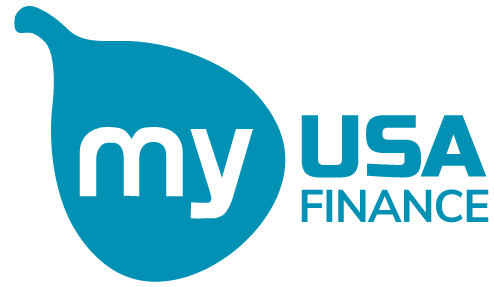Building an emergency fund is one of the most important steps to managing your finances and ensuring peace of mind. Emergencies happen anytime, and having a financial cushion will help you prepare for them.
Only 24 percent of Americans have savings set aside for emergencies.
What Is An Emergency Fund?
Emergencies can happen without warning, threatening your financial security. An emergency fund is a solution – a dedicated bank account where money is saved for unanticipated expenses like medical bills, car repairs, or job loss.
Having an emergency fund can help you deal with life’s unexpected events.
Read More: How Much Should You Save Each Month?
Read More: How To Get A Credit Card With No Credit History
5 Tips For Building an Emergency Fund
Build an emergency savings fund the easy way with these five tips:
1. Aim for Three to Six Months of Savings
Strive to put away enough money to cover three to six months of living expenses. This will give you a cushion to fall back on if you experience a financial setback. Most accountants and experts say three months of savings is the minimum you need in an emergency fund, and six months is better.
For example, if you lost your job, a three- to six-month cushion will give you time to find employment. Whether you opt for three or six months depends on your expenses, lifestyle, how many dependents you have, your income, and risk tolerance. For maximal peace of mind, six is better than three.
2. Keep Your Emergency Fund Separate From Other Money
Keep your emergency fund separate from your other savings. This will help you avoid dipping into it for non-emergency expenses. Tapping into your emergency fund for a vacation, paying off debt, or buying a car can be tempting. But you’ve worked hard to save for emergencies, so only use the money for what is necessary. You should also avoid taking out loans against your emergency fund. It’s for emergencies!
If you are in a financial bind and need to spend money from your emergency fund, make sure it’s only used as a last resort.
Also, be sure that whatever reason you have for withdrawing funds is truly an emergency (as opposed to just spending frivolously). A night out on the town isn’t a good reason to tap into your emergency stash.
3. Start by Making Small Contributions
When building an emergency fund, start small. Begin by contributing a set amount each month, no matter how small. Once you have established this habit, you can gradually increase the amount you stow away each month.
The key is to be consistent and make emergency savings a priority. Doing so will make you better prepared financially for whatever life throws your way.
4. Avoid Unnecessary Expenses
As you build your emergency fund, finding ways to cut your expenses is important. Here are some ways to cut back on daily expenses so you have more to put into your emergency fund:
- Reduce your cable bill by switching to a cheaper plan or cutting the cord entirely.
- Shop around for the best deals on gas and electricity.
- Look for ways to save on eating out by making leftovers or packing lunch in advance.
- Find cheaper alternatives to grocery stores by shopping at farmer’s markets and co-ops or joining a food co-op if one is in your area.
- Track where you are spending money and look for areas where you can cut back.
- Save on transportation costs by carpooling, walking, biking, or taking public transportation.
- Save housing costs by finding a cheaper apartment or house or living with roommates.
- Cut back on shopping in general. Shop only when necessary and look for cheaper alternatives wherever possible.
- Take staycations rather than vacations.
5. Make Automatic Deposits
Using automatic deposits is an easy way to ensure money goes into your emergency fund. With this approach, you’ll have money taken out of each paycheck and deposited into your savings account.
You’ll need to check with your employer, but this should be a breeze if they offer direct deposit. This way, you can transfer money into your emergency savings every month. Life is hectic, so why not automate?
Looking for a Personal Loan?
Explore your options today!
Having a financial cushion is a good idea. An emergency fund can help you handle unexpected expenses, from a major car repair to a big home repair to a medical emergency. It’s a cushion that will give you peace of mind and help you sleep better at night knowing that if something bad happened, money is set aside for it.
The last thing anyone wants is to see their financial situation up-ended by surprise bills or expenses. Make sure you have a backup so that you can rest easy.











